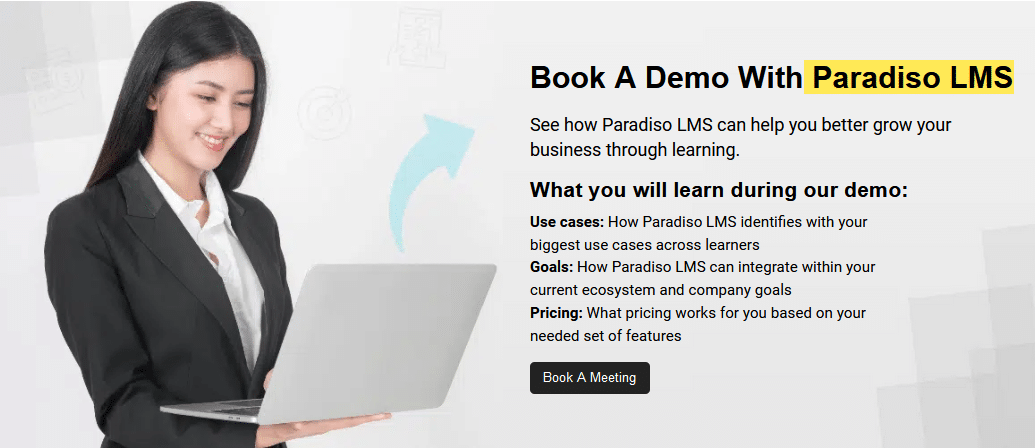Choosing the right Learning Management System (LMS) for your organization is crucial to ensure a seamless and efficient learning experience. The right LMS can optimize training, improve engagement, and streamline the learning process. However, evaluating an LMS can be challenging due to the number of available options and varying features. This blog highlights essential questions to ask during an LMS demo to ensure the platform aligns with your organization’s needs and goals.
1. Understanding Your Needs
The first step in choosing an LMS is to understand the specific needs of your organization. It’s vital to align the features and functionality of the LMS with your strategic goals, whether it’s employee training, customer education, or compliance training. Here, we’ll categorize key questions into user experience, features, integrations, scalability, support, pricing, and more.


















